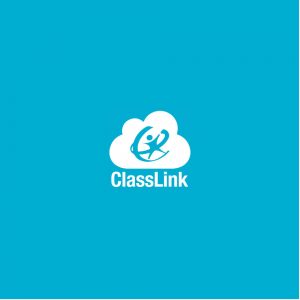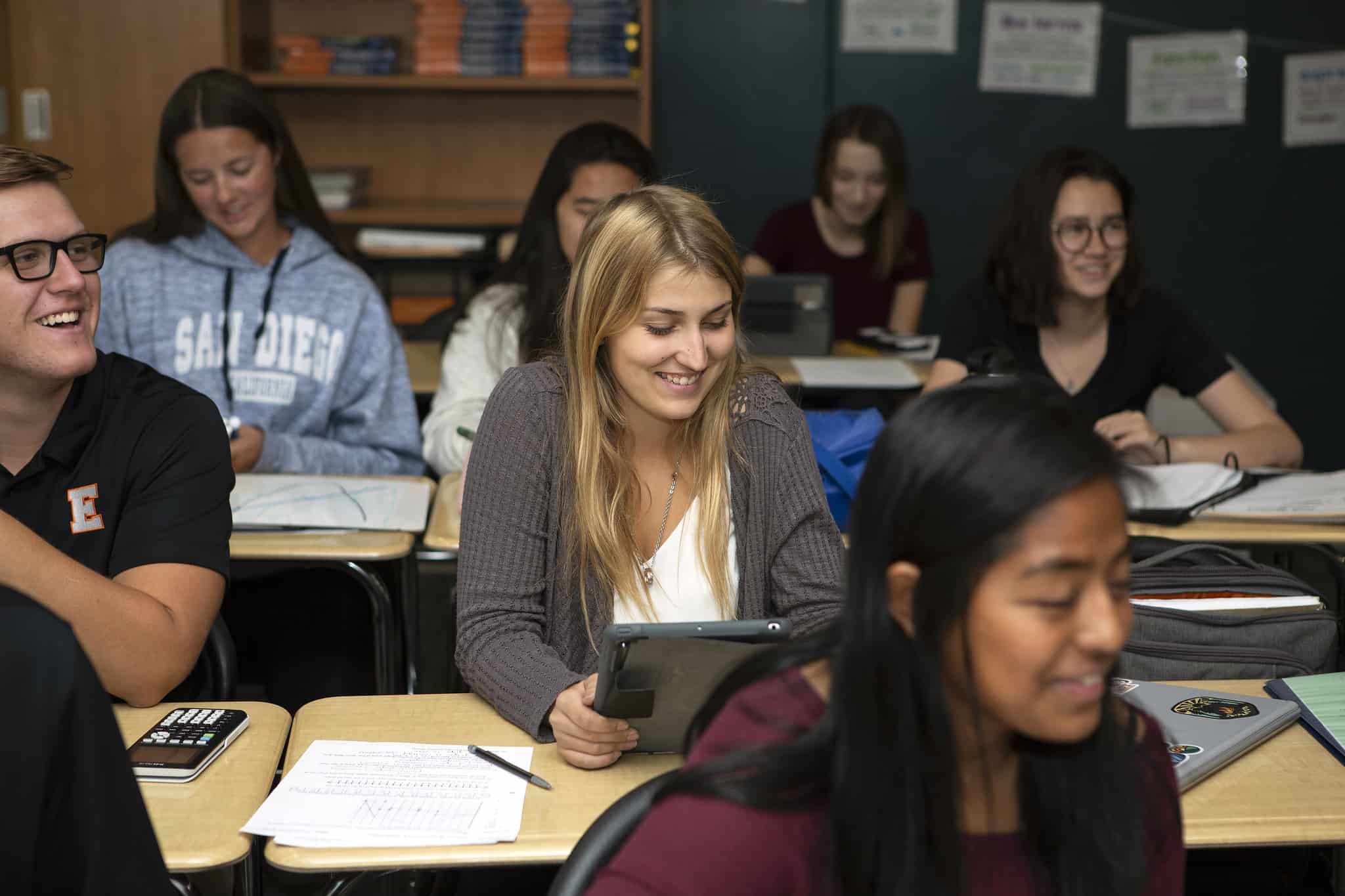The Erie High Counseling team is here to support students in their planning for life beyond high school.
Naviance Family Connection is a comprehensive website that you and your student can use to make plans about colleges, and careers. Family Connection is linked with Naviance, a service that we use in our office to track and analyze data about college and career plans, so it provides up-to-date information that’s specific to our school. Naviance is also where all student ICAP graduation requirements are housed.
Family Connection allows your student to:
- Get involved in the planning and advising process – Build a resume, complete online surveys, and manage timelines and deadlines for making decisions about colleges and careers
- Research colleges – Compare GPA, standardized test scores, and other statistics to actual historical data from our school for students who have applied and been admitted in the past
- Research careers – Research hundreds of careers and career clusters, and take career assessments
- Create plans for the future – Create goals and to-dos, and complete tasks assigned by the school to better prepare your student for future college and career goals.
- Family Connection also lets us share information with you and your student about upcoming meetings and events, local scholarship opportunities, and other resources for college and career information.
- We hope that you will find this resource helpful. If you have questions about Family Connection, please contact us by email or call (303) 828-4213.
Our counseling team provides numerous opportunities for students to explore different care paths and areas of interest.INDIVIDUAL CAREER AND ACADEMIC PLAN (ICAP)
What is the ICAP?
The purpose of the ICAP is to assist students and their parents / legal guardians in exploring the post-secondary career and educational opportunities available to the student, aligning course work and curriculum, applying to post-secondary education institutions, securing financial aid and ultimately entering the workforce.
ICAP is a multi-year process, one that will span the lives of students who are now in middle and high school and that will continue into adulthood. By adopting research-based best practices and by revamping our knowledge for developmentally appropriate ICAP activities with secondary students, Colorado’s schools and districts now focus on a meaningful process which results in a plan.
ICAP must include:
- Career and college interest surveys,
- Written postsecondary and workforce goals, intermediate benchmarks and data reflecting progress toward those goals,
- scores on assessments,
- experiences in service learning and/or work environments,
- activities that establish connections between school-based instruction and the world of work,
- an intentional sequence of courses that reflect progress towards the postsecondary goal
- academic progress,
- college application(s), a resume, or alternative work-based applications,
- an understanding of the financial impact of life after high school, including an education
ICAP High School Quality Indicators:Self-Awareness: Understand how one’s unique interests, talents and aspirations play a role in decision-making and interpersonal relationships and how individual thoughts and feelings get students excited about life and learning.
Career Awareness: Know the difference between jobs, occupations and careers. Articulate a wide range local regional of local regional, national and global career pathways and opportunities. Consider economic and cultural influences and the impact of stereotypes on career choice.
Postsecondary Aspirations: Participate in career exploration activities centered on students’ passions, interests, dreams and visions of their future self and perceived options.
Postsecondary Options: Be aware of and participate in a variety of postsecondary and career opportunities. Use tools such as career clusters, personality assessments and learning style inventories to highlight individual strengths and capabilities.
Environmental Expectations: Consider how school, family, community, culture and world view might influence the students’ career development and postsecondary plans.
Academic Planning: Apply the skills and knowledge necessary to map out and pass the academic courses required to achieve postsecondary goals.
Employability Skills: Define, develop and hone skills that increase the likelihood of becoming and remaining successfully employed and civically responsible citizens.
Financial Literacy: Recognize personal financial literacy and financial aid topics and vocabulary and know what options are available to pay for postsecondary. Understand and articulate personal financial literacy concepts, the cost of postsecondary options and apply this awareness to the postsecondary career and academic planning process.
ICAP Requirements by Grade Level
9th Grade:
- Strengths Explorer
- Strengths Explorer Reflection
- 9th Grade ICAP Survey
10th Grade:
- Career Interest Profiler
- Career Interest Profiler Reflection
- 10th Grade ICAP Survey
11th Grade:
- College Super Match
- Identify 3 Schools or Programs of Interest
- 11th Grade ICAP Survey
12th Grade:
- My Game Plan
- Complete My Game Plan
- 12th Grade Survey
Overall
- Academic Achievements
- Post-Graduate Plans
- Workforce Readiness
- College Planning Through Remote Learning Series Part 1 Screencast
- College Planning Through Remote Learning Series Part 1 Presentation
- College Planning Through Remote Learning Series Part 2 Screencast
- College Planning Through Remote Learning Series Part 2 Presentation
- College Planning Through Remote Learning Series Part 3 Screencast
- College Planning Through Remote Learning Series Part 3 Presentation
General Enlistment and Recruiting – Military recruiters from all branches of the military generally interact with Erie High students during lunches in the Commons, but are also available for 1:1 meetings, at a student’s request.
For more information on recruitment and careers in the military, go to: Today’s Military
ROTC – stands for Reserve Officer Training Corps. It’s a college program offered at more than 1,000 colleges and universities across the United States that prepares young adults to become officers in the U.S. Military. In exchange for a paid college education and a guaranteed post-college career, cadets commit to serve in the Military after graduation. Click here for more information on opportunities in ROTC programs.
U.S. Service Academies – Service Academies, Senior Military Colleges and Maritime Academies offer world-class education and a deeper understanding of military culture. Plus, most of these schools grant scholarship money in exchange for a period of service. Click here for more information on Military Service Academies and keep an eye on Naviance for announcements of U.S. Service Academy college visits and regional U.S. Service Academy Information Days. For information about receiving required Congressional nominations, see these links:
Congressman Joe Neguse’s Academies website
Congressman Ken Buck’s Academies website
Senator Michael Bennet’s Academies website
Senator Corey Gardner’s Academies website
U.S. Vice President Mike Pence’s Academies website
ASVAB – The ASVAB (Armed Services Vocational Aptitude Battery) is one of the most widely used, multiple aptitude tests in the world, developed and maintained by the Department of Defense. More than half of all high schools nationwide administer the ASVAB test to students in grades 10, 11 and 12 (sophomores cannot use their scores for enlistment eligibility). Students may also take the test at another school or through a recruiter and may retake the test at any time. The ASVAB is administered each spring at the SVVSD Career Elevation and Technology Center.
Click here for more information on the ASVAB, including study resources.
Many students choose to take a Gap Year between high school and college, but what does a Gap Year really mean and how do colleges view them?
Loosely defined, a Gap-Year is a time period taken off between high school and college meant to explore a career path through interning or work, to study and learn in a new environment or abroad, or to volunteer with a service organization at home or abroad.
It is highly recommended that students who are considering a Gap Year should follow the normal college application process during their senior year and, once accepted, work with each individual college or university to apply for a deferred enrollment.
NACAC, the National Association for College Admissions Counseling, offers a starting point for researching Gap Years. Click here for more information.
As with any type of “program”, there is a myriad of choices, from for-profit travel groups, to government and non-profit service programs, to paid-consultants and sites to help you design your own Gap Year.
Non-Profit and Goverment-based programs:
Americorps (includes Americorps, Vistacorps and FEMA Corps)
City Year
CIEE
United Planet
American Gap Association
Student Conservation Organization
For-Profit resources:
Gap Year Fairs
GapYear.com
Teenlife
Center for Interim Programs
Universities with Gap Year Deferral programs or their own Gap Year programs




